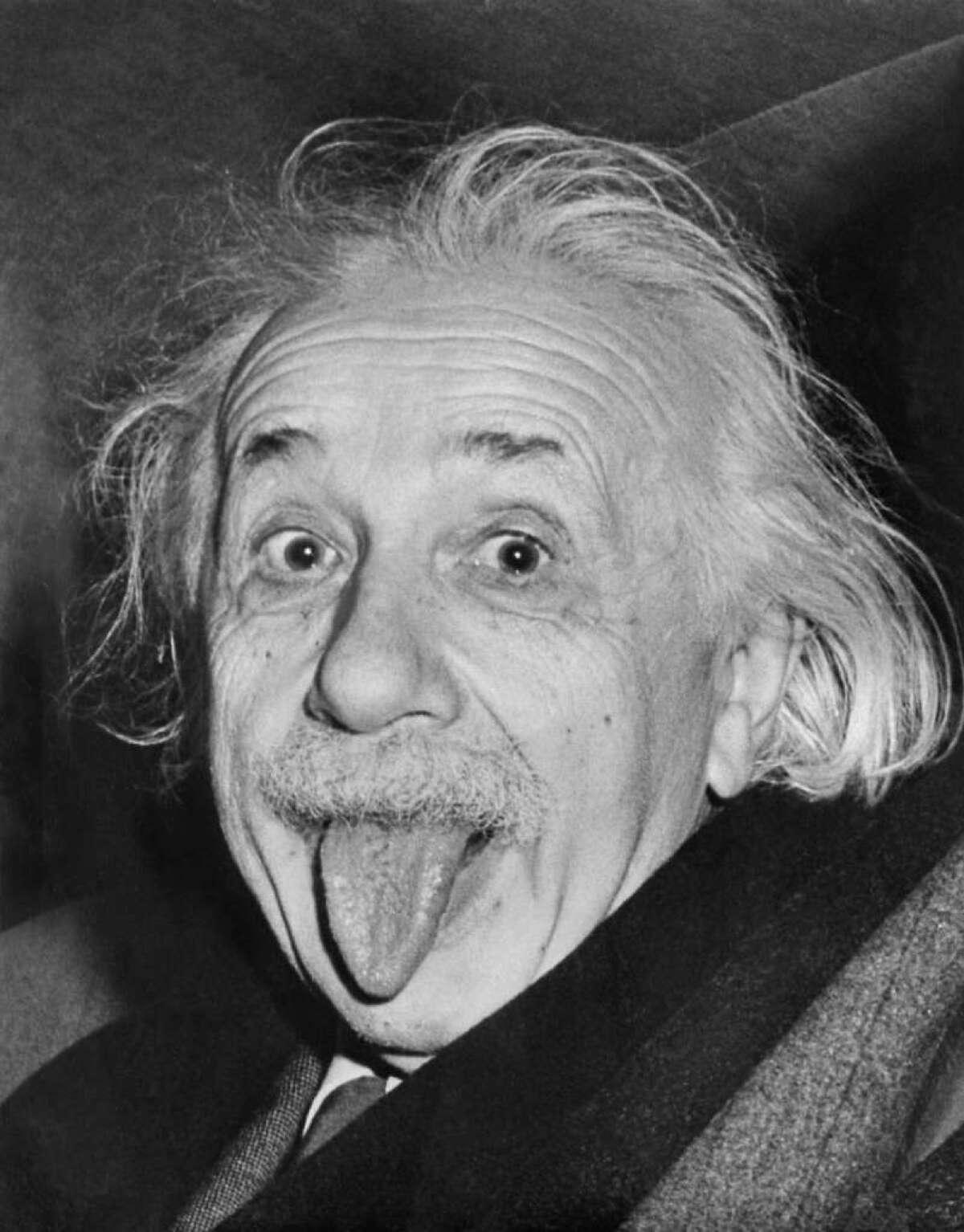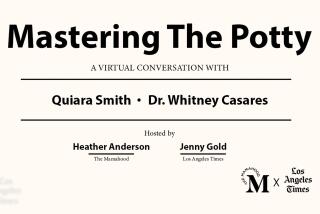The trickiest tongue twister ever? Do try this at home

Stop what you are doing and try saying this 10 times fast: “pad kid poured curd pulled cod.”
Feeling tongue tied? You should. You just tried what might be one of the trickiest tongue twisters ever devised.
In a recent study, a research team found that “pad kid poured curd pulled cod” tripped up test subjects more than any other tongue twister they were asked to say. In fact, many people gave up on saying the phrase all together.
“If anyone can say this 10 times quickly, they get a prize,” Stefanie Shattuck-Hufnagel, a psychologist at MIT, said in a statement.
Shattuck-Hufnagel and her colleagues did not set out to invent the hardest tongue twister ever. Rather, they wanted to see if different types of tongue twisters cause different types of speech errors.
For example, most people will get tongue tied when they try to say “top cop” 10 times fast -- but the type of mistake they make is not always the same.
If you try to say “top cop” quickly it will often start to sound like “cop cop.” But it turns out the error is not really a simple substitution of the “k” sound for the “t” sound. After recording participants in a previous study, the researchers found that sometimes the “t” and “k” sounds arrive at once, making something that sounds like “t’kop.” Other times there is a delay between the two sounds with enough time for a vowel sound to pop in, so “top” becomes “tah-kop.”
In this study, the researchers wanted to see if one type of mistake was more common when people said simple lists of words quickly -- like “top cop,” compared with full sentence-type tongue twisters like “pad kid poured curd pulled cod.”
They found that people were more likely to make the “t’kop” error with word lists, and more likely to make the “tah-kop” error with the sentence tongue twisters. However, they still don’t know why.
For the next phase of their research, the scientists have already put tiny transducers on test subjects’ tongues to measure their articulation as they struggle to say tricky word combinations. Ultimately, they would like to understand how the brain plans for these two different types of speech.
And, yes, the goal once again will be to trip people up.
“When things go wrong, that can tell you something about how the typical, error-free operations should go,” Shattuck-Hufnagel said.
Say it out loud and who cares if your colleagues think you’re crazy! Then, follow me on Twitter for more like this.
ALSO:
NASA’s E.T. smartphone satellite has phoned home
Cassini snaps (moving) images of that crazy hexagon on Saturn
Take a bow: ‘Science’ crowned word of the year by Merriam-Webster







